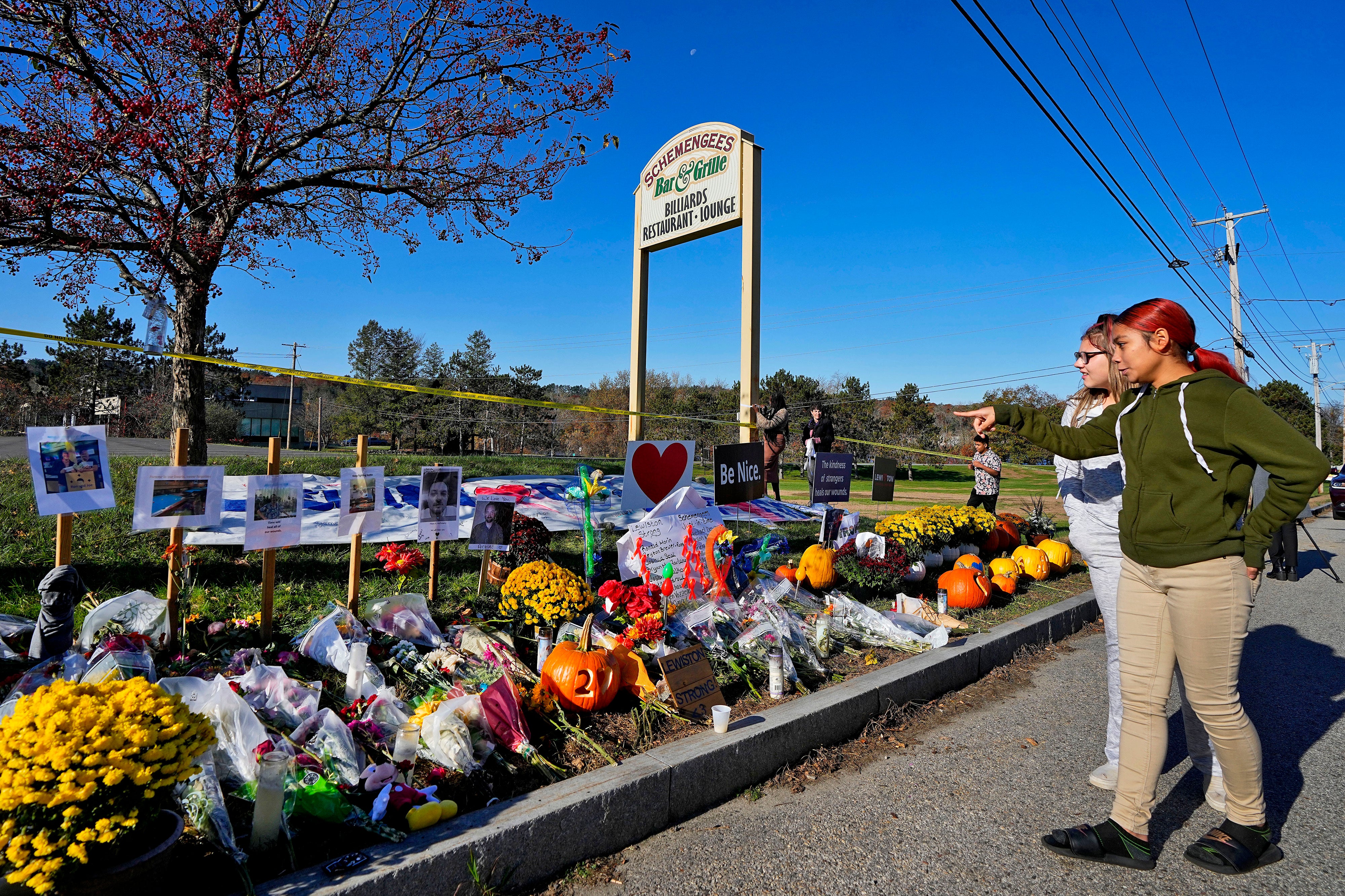Family of Lewiston shooter to testify before commission investigating tragedy
An independent commission investigating Maine's deadliest mass shooting is preparing to hear from the shooter’s family for the first time

An independent commission investigating the mass shooting that left 18 people dead in Maine is preparing to hear from the shooter's family for the first time.
An Army reservist with a history of mental health troubles committed the deadliest shooting in Maine history, opening fire with an assault rifle inside a bowling alley and a bar and grill in Lewiston in October. The commission has been meeting for months, hearing from police, victims and their families, and Army reservists who served with Robert Card.
On Thursday, commissioners will take testimony from Card’s family. They've kept a low profile, other than releasing a statement in March after disclosing an analysis of Card's brain tissue that showed evidence of traumatic brain injuries. Card had trained others in the use of hand grenades, and the Army said the analysis pointed to a need to do more to prevent blast-induced injuries.
“We want to begin by saying how deeply sorry and heartbroken we are for all the victims, survivors, and their loved ones, and to everyone in Maine and beyond who was affected and traumatized by this tragedy. We are hurting for you and with you, and it is hard to put into words how badly we wish we could undo what happened,” the family's statement said.
Card, 40, was found dead from a self-inflicted gunshot wound after an extensive search. In the aftermath, the legislature passed new gun laws for Maine, a state with a long tradition of firearms ownership. Among other things, they bolstered the state’s “yellow flag” law, criminalized the transfer of guns to prohibited people and expanded funding for mental health crisis care.
Relatives had warned police that Card had grown paranoid and that they were concerned about his access to guns. Other reservists also witnessed his mental health deterioration, to the point that he was hospitalized for two weeks during training last summer. One of the reservists, Sean Hodgson, told superiors on Sept. 15: “I believe he’s going to snap and do a mass shooting.”
The commission, which also asked to hear from an official from the Army Reserve Psychological Health Program on Thursday, issued an interim report in March saying law enforcement should have seized Card’s guns and put him in protective custody based on these warnings, using the existing yellow flag law. A full report is due this summer.
Police testified that the family had agreed to remove Card's guns, but the commission said that leaving this to his family "was an abdication of law enforcement’s responsibility.”
Subscribe to Independent Premium to bookmark this article
Want to bookmark your favourite articles and stories to read or reference later? Start your Independent Premium subscription today.
